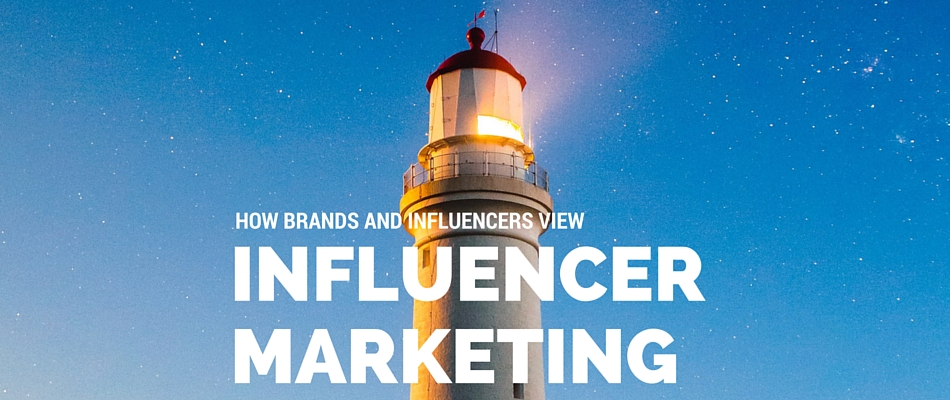Finding Influencer maybe the hardest part of Influencer marketing. You want to find someone with a great online following and knows about your industry. Also, they have to be open to working with a brand on creating content. If you aren’t aware of influencers in your industry, you are going to have to do some sleuthing.
If you are just starting out and don’t know many influencers. I would suggest starting out with these two ways to discover influencers.
The first thing you should do is Google your industry with “blog” at the end. If you are a small boutique hotel in Miami. You may search for “Miami Travel Blogs,” “Boutique Hotel Blogs” or “Florida Travel Blogs.” You want to start broad and then narrow your way down. I find this is a lot like brainstorming. Googling something broad will take you to many sites. It will give you better ideas of what and who is out there.
One other Google suggestion is to Google your business name. You will see all your properties, but you will also see other sites that write about you. There may be a fan out there who loves your business, who is already writing about you and how awesome you are!
The next thing is search social media. Twitter, I have found, to be the best lead generator for influencer marketing. People on Twitter want to talk about what they love. Facebook is a bit harder because many people have their personal accounts limited. I have found finding people on Twitter involves work. First, look through your followers. This is an easy step to quickly identify potential influencers. Next, watch industry organizations accounts. See who is interacting and engaging in conversations. Lastly, see who is following and engaging with competitors.
If you know who influencers are in your specific industry. You can start with this step. You can reach out directly to them and ask if they or anyone they know would be interested in working with your brand on an influencer marketing program. Don’t be upset if they decline your offer. Some people maybe already working with a few brands or have an exclusive agreement with brands. They should give you names of other influencers that may be able to assist you and your goals.
Note too that if you’re a smaller brand in a large industry it may not be wise to reach out to the largest influencer in the space. Consider finding smaller influencers to start working with. Once you get noticed, more will be willing to work with you. You can find these influencers by those engaging in conversation with the larger influencer.
It has been my experience you want to watch the space to see how the influencers interact and engage with audiences. You don’t want to rush into working with someone to find out that they aren’t a fit. Read their social media and blogs. Does their point of view match your own? If not don’t try to force your view on them. Results will be disastrous. Plus, finding the wrong fit can damage your credibility in the industry.
Lastly, how are you going to compensate them? Some industries it is standard procedure to pay for posts. Whereas, other industries a trade of goods/services maybe offered. If you’re really lucky you may find people who do the blog/influencing for the love of the industry. If you are going to do payment, set a budget and stick to it. You may modify it as you try a few campaigns. Also, a high payment request may rule out influencers.
I would also suggest starting with a small group of influencers and building. Don’t go into a program with 50 people you can’t follow what they are doing. Start with a 3-10 people to start. Setting up reporting and making sure that your goals are being met should be done on a small scale. Once you master it you can scale it easier. Changing midcourse with 50 people is much harder than if you are doing it with 4 people. I’ll talk about goals in another part of this series.
You may get into a campaign and realize that influencer marketing may not work for you and your business. If it does work, you can grow it as needed without being overwhelmed.
NOTE: One thing I didn’t spell out is that I am basing this off a Brand Ambassador program. I will address other parts in part 5 of the series.



